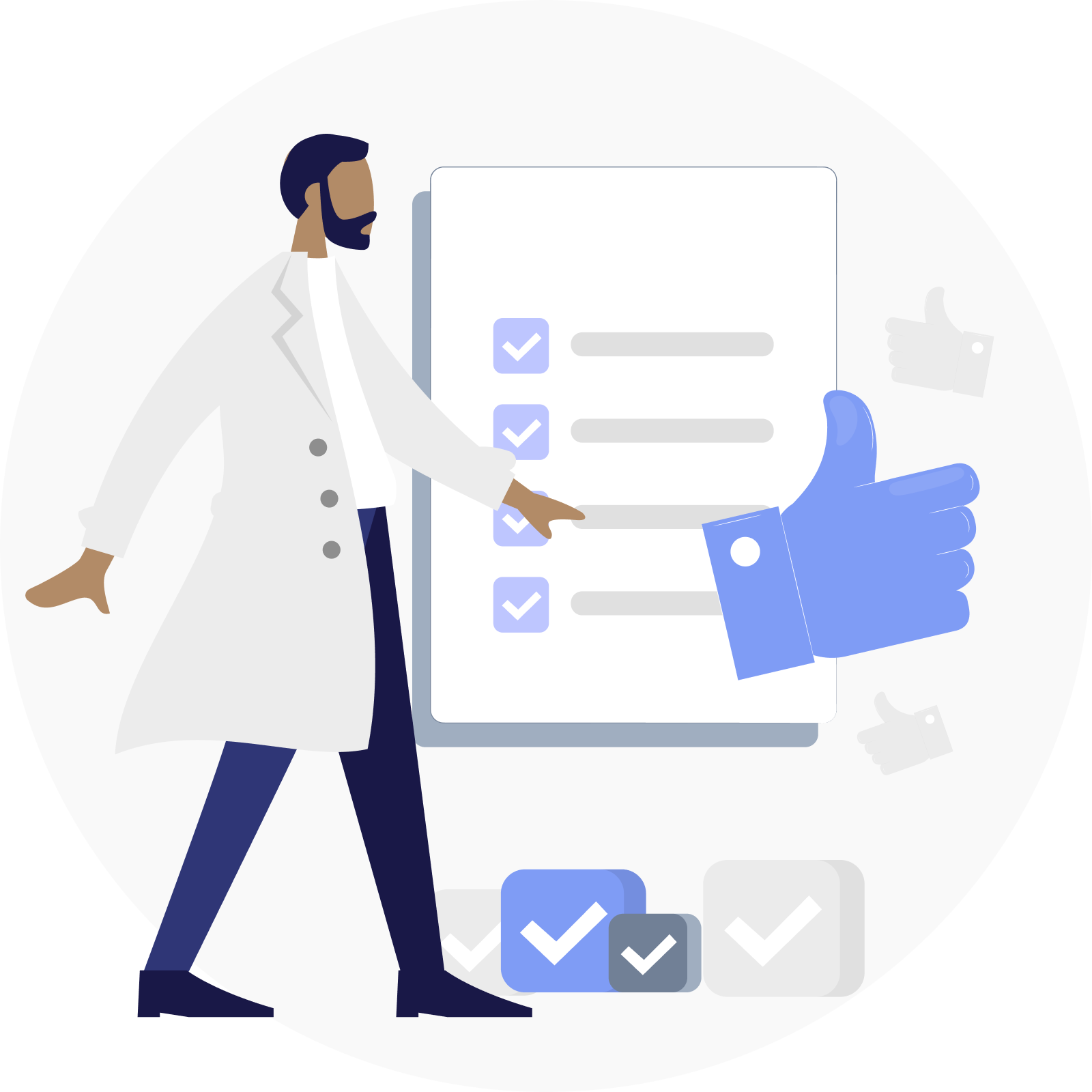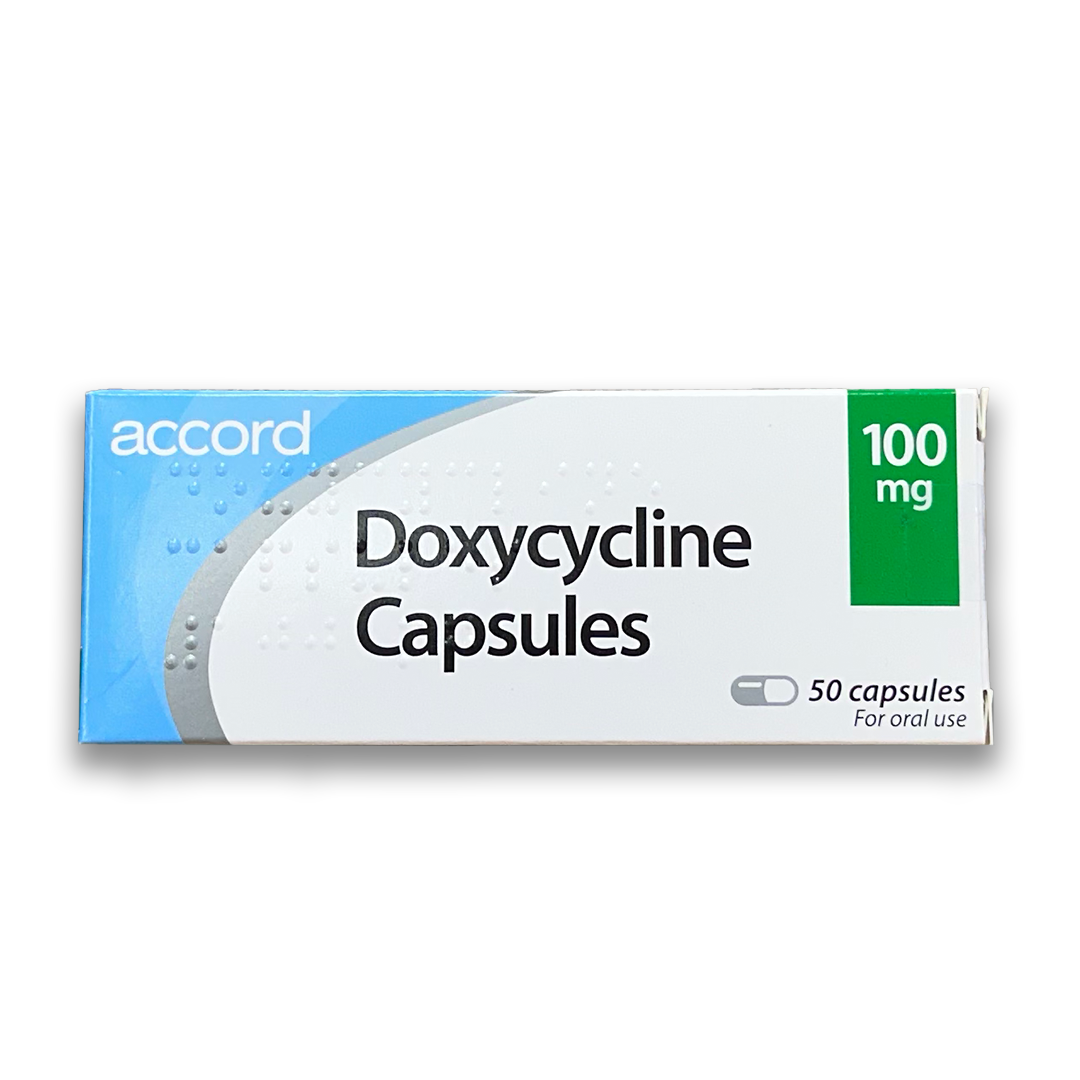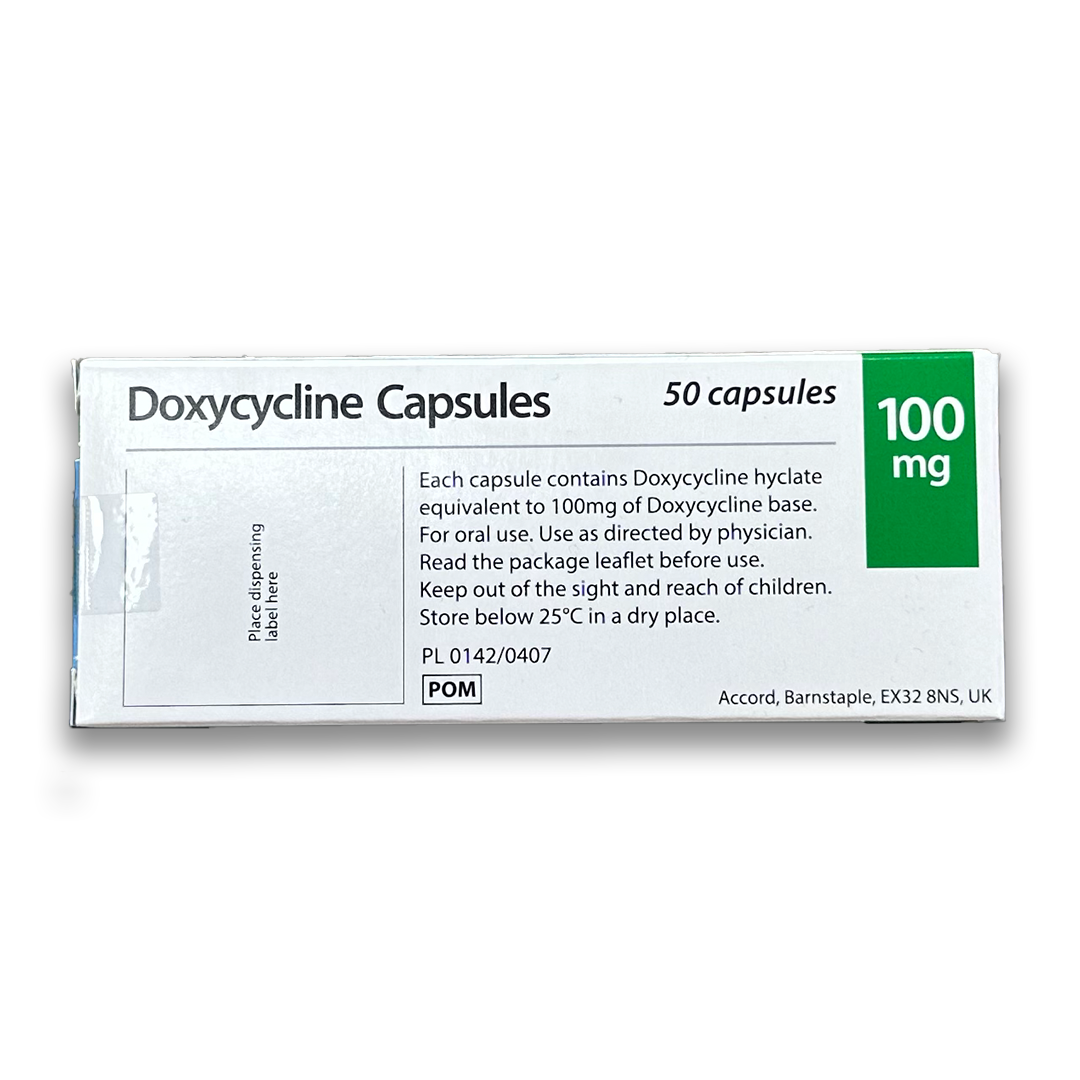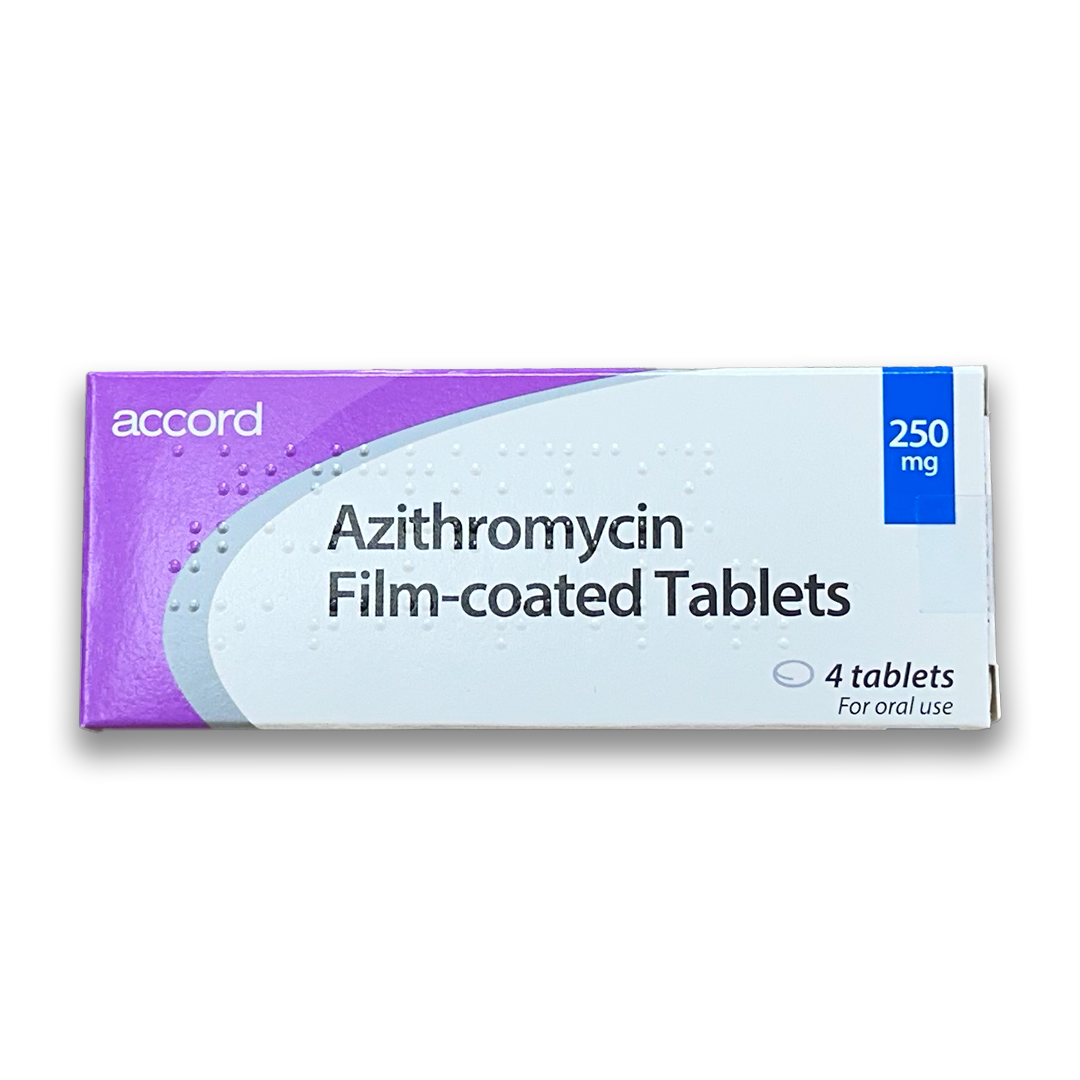Preventing Chlamydia transmission involves a combination of safe sexual practices and regular testing:
- Use of Barrier Methods: Consistent and correct use of condoms or dental dams during sexual activity can significantly reduce the risk of Chlamydia transmission.
- Regular STI Testing: Undergoing routine STI testing, especially for sexually active individuals, is essential to detect Chlamydia and other infections early.
- Partner Communication: Open and honest communication with sexual partners about STI testing, history, and safe sex practices is crucial.
- Vaccination: While there is no vaccine specifically for Chlamydia, the HPV vaccine can protect against certain strains of human papillomavirus that can lead to genital warts and cervical cancer, reducing the risk of associated STIs.
- Avoid Risky Sexual Behaviors: Limiting the number of sexual partners and avoiding high-risk sexual behaviors can help prevent Chlamydia and other STIs.
In conclusion, Chlamydia is a common sexually transmitted infection caused by the bacterium Chlamydia trachomatis. It is primarily transmitted through unprotected sexual contact and often presents with mild or no symptoms. Early diagnosis through testing and appropriate treatment with antibiotics are crucial for managing Chlamydia and preventing complications. Practicing safe sex, undergoing regular STI testing, and open communication with sexual partners are essential for preventing Chlamydia transmission and promoting overall sexual health. If you suspect you have been exposed to Chlamydia or are experiencing symptoms, seek medical attention for accurate diagnosis and treatment.





